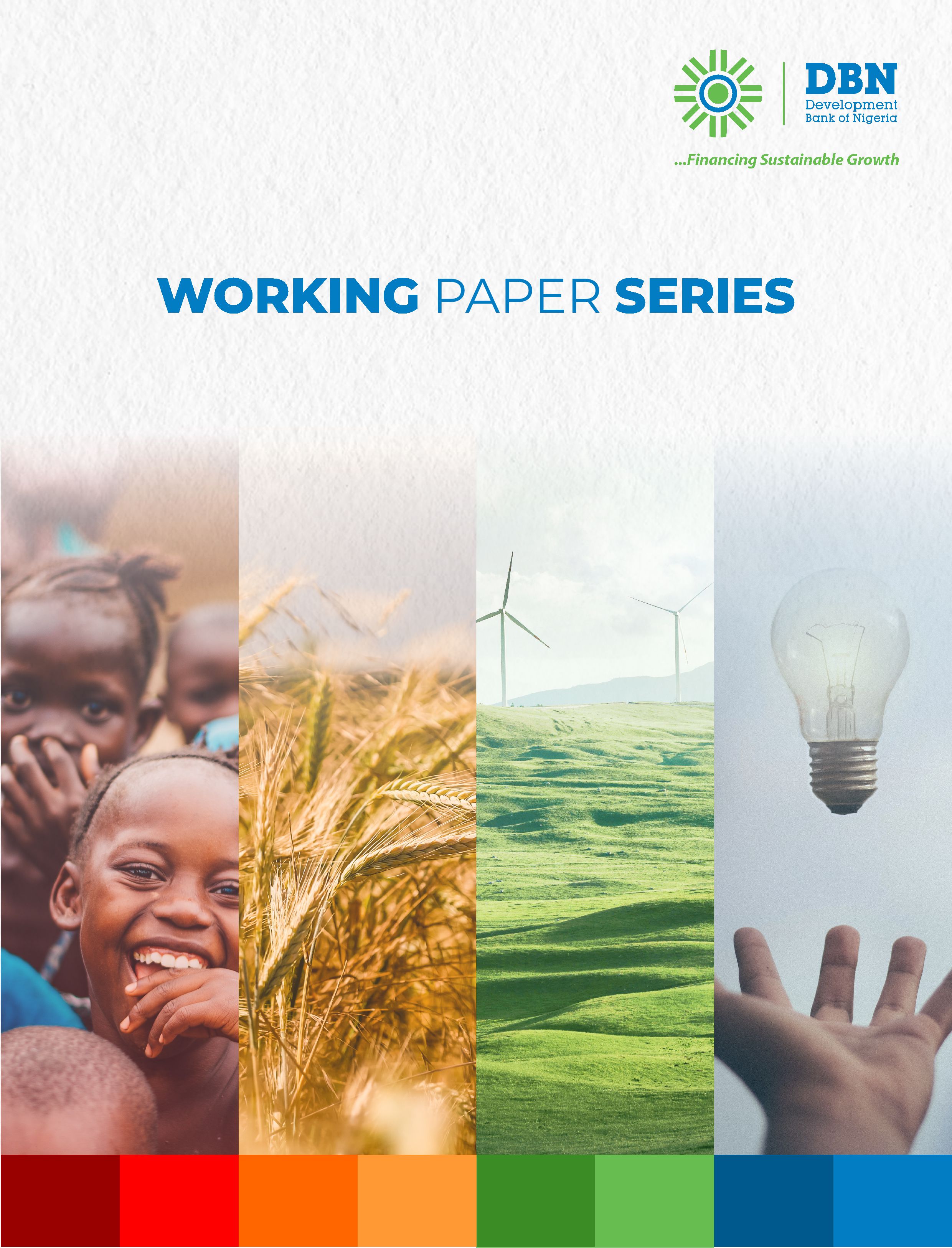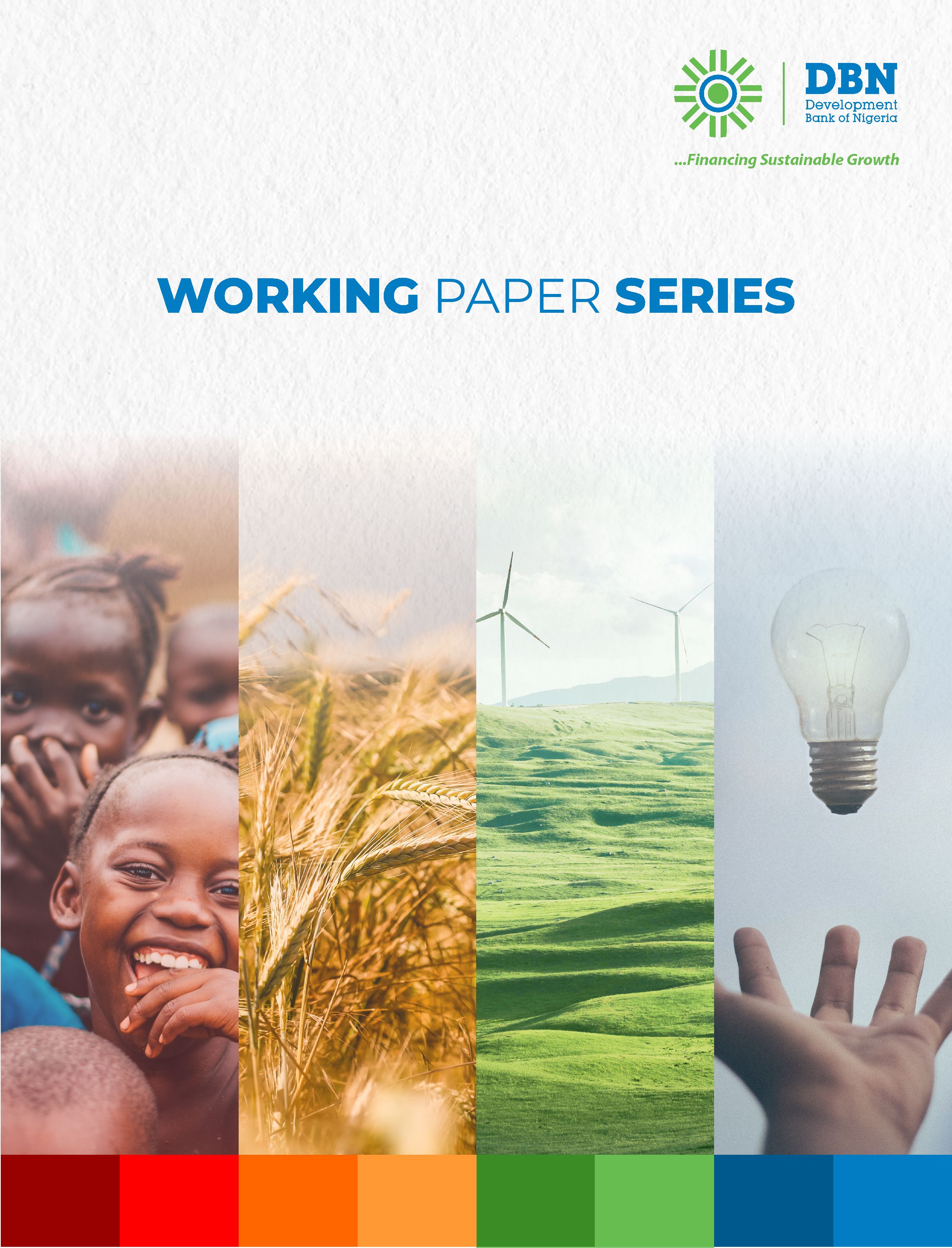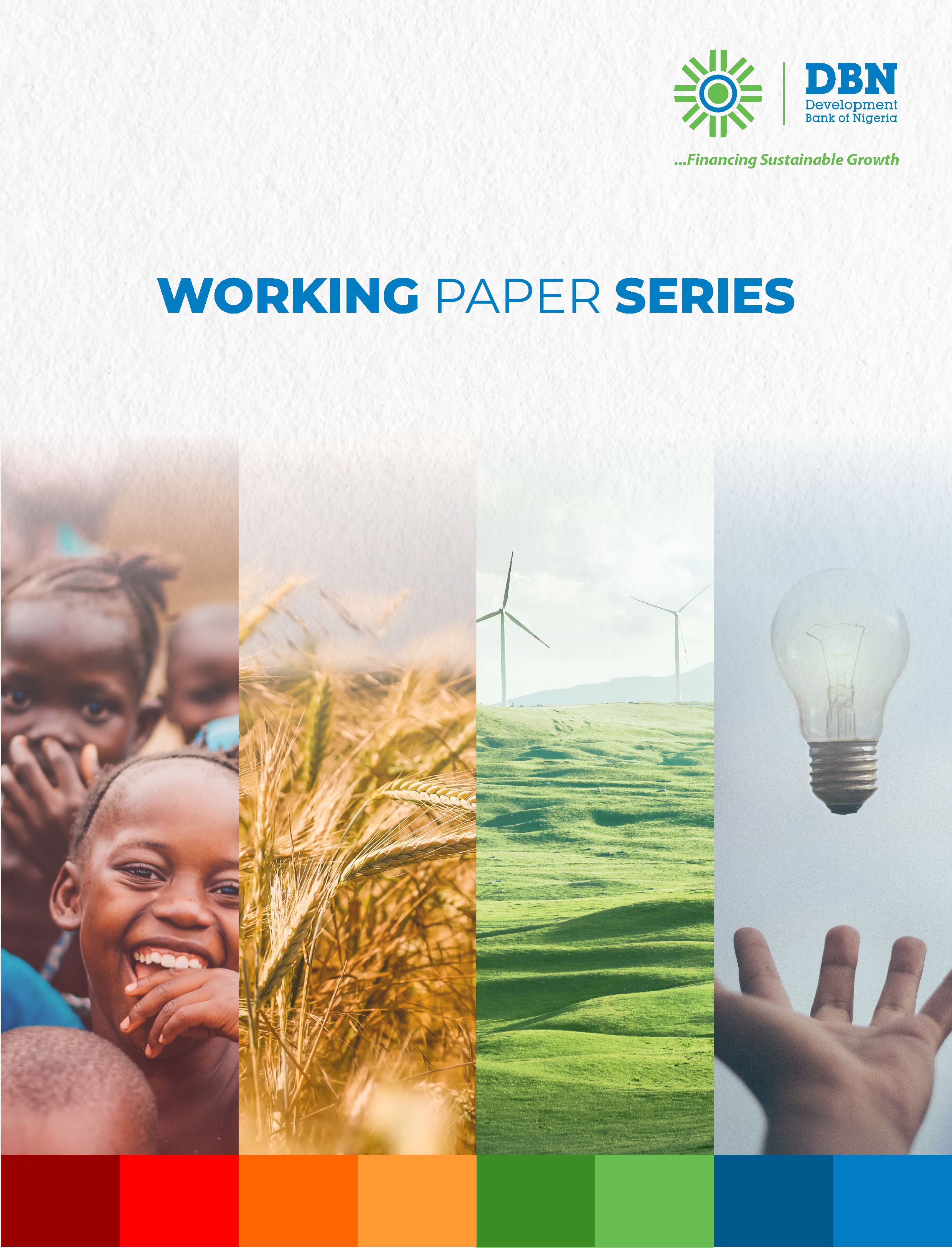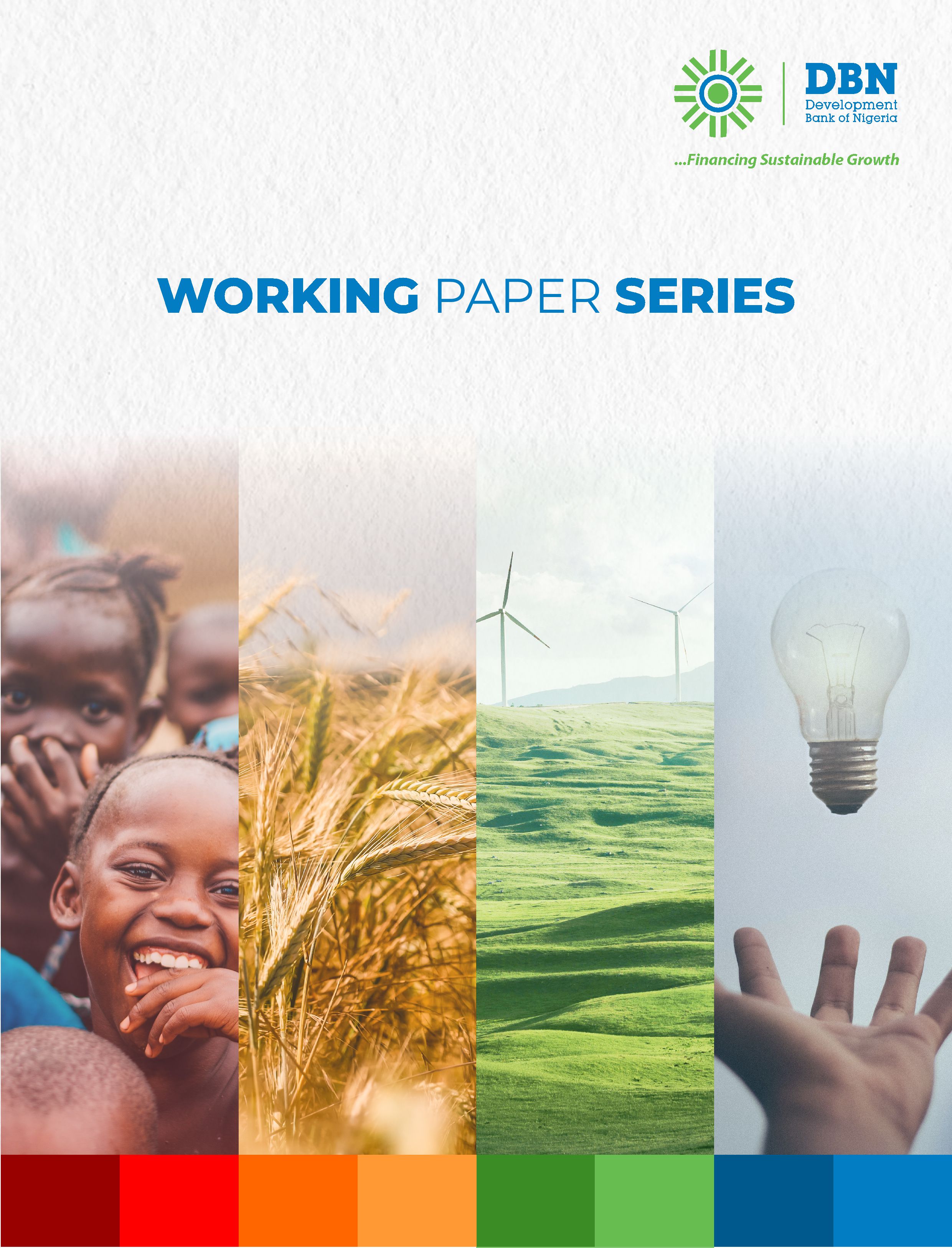
Publication Information
Published by: Admin
Published: 2 years ago
View: 245
Pages: 30
ISBN:
Abstract
The study employs macro data on 42 African countries to examine whether remittances and financial development (including its sub-components of access, depth and efficiency) contribute to the equalisation of incomes across the continent. Robust evidence from the dynamic GMM estimator shows that: (i) remittances heighten income inequality in Africa, (ii) Africa’s financial system is not potent enough for repacking remittances towards the equalisation of incomes, and (iii) vis-à-vis financial access and depth, inefficiencies characterising Africa’s financial institution is the main reason remittances contribute to the widening of the income disparity gap. Nonetheless, the optimism which we provide by way of threshold analysis shows that channelling efforts into the development of Africa’s financial sector could yield shared income distribution dividends. In particular, efforts should be made to achieve a minimum of 23.05 per cent of financial access, and 3.02 per cent for that of efficiency of financial institutions if Africa’s financial sector is to repackage external finance towards the equalisation of incomes. A few policy recommendations are provided in the end.
Isaac K. Ofori Mr
Emmanuel Gbolonyo
Marcel A. T. Dossou
Richard K. Nkrumah
Related Publications

VOLUME 5 ISSUE 4 2023
CHANGING ROLE OF FINANCE IN RURAL SMALL ENTERPRISE GROWTH IN GHANA

VOLUME 5 ISSUE 4 2023
DOES PUBLIC CAPITAL EXPENDITURE REDUCE ENERGY POVERTY? EVIDENCE FROM NIGERIA

